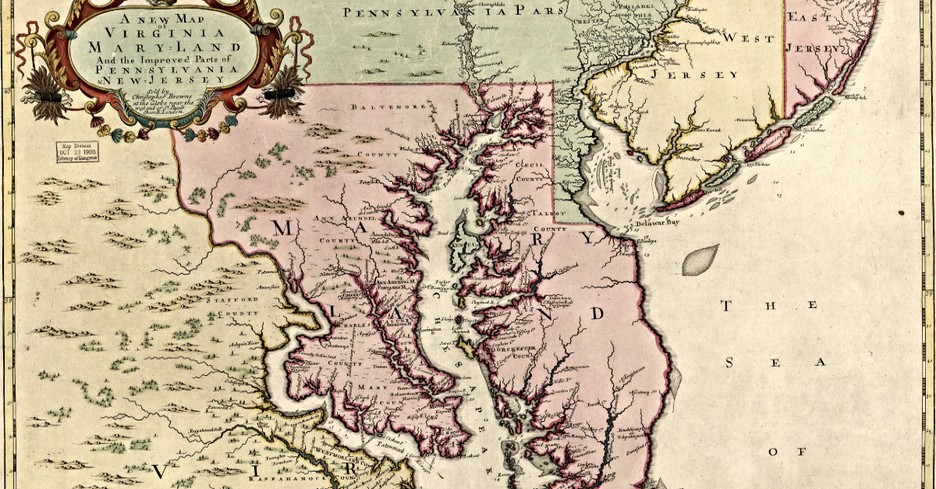
These events represent some of the major developments in 17th-century Christian history, including religious conflicts, the emergence of new denominations, and the challenges posed by scientific discoveries such as those of Galileo Galilei.
17th Century Christian History
1609: Founding of the Baptist Church
- John Smyth founded the first Baptist congregation in Amsterdam, laying the foundation for the Baptist denomination.
1611: King James Version of the Bible
- The King James Version (KJV) of the Bible was published in England, becoming one of the most widely read and influential English translations.
1618-1648: Thirty Years' War
- The Thirty Years' War, primarily fought in the Holy Roman Empire, was a conflict with deep religious and political dimensions, involving Catholic, Protestant, and secular powers.
1633: Galileo's Trial
- Galileo Galilei, an Italian astronomer, was tried by the Roman Catholic Church for supporting the heliocentric model of the universe. He was forced to recant his views.
1637: Scottish National Covenant
- The signing of the Scottish National Covenant by Scottish Presbyterians marked a significant event in the ongoing struggle between Presbyterianism and Episcopalianism in Scotland.
1642-1651: English Civil War
- The English Civil War had religious and political causes, with the Parliamentarians (Roundheads) opposing the royalist Cavaliers. It resulted in the execution of King Charles I and the establishment of a Commonwealth.
1648-1654: Fronde
- The Fronde was a series of civil wars in France with political and social roots but also involving tensions between the Catholic monarchy and Protestant Huguenots.
1654: Quakers Founded
- George Fox is often considered the founder of the Quaker movement, officially known as the Religious Society of Friends.
1685: Revocation of the Edict of Nantes
- King Louis XIV of France revoked the Edict of Nantes, leading to the persecution and expulsion of French Huguenots, who sought religious freedom in other countries.
1689: Toleration Act in England
- The Toleration Act of 1689 granted limited religious freedom to non-conformist Protestants in England, although it did not extend to Catholics or non-Christians.
1692: Salem Witch Trials
- The Salem witch trials in Massachusetts involved the persecution and execution of people accused of witchcraft, reflecting continued belief in witchcraft in the New World.
1693: College of William & Mary Founded
- The College of William & Mary in Virginia was founded, making it the second-oldest institution of higher education in the United States.
• The Protestant Reformation began in the last century and continues to affect Europe's religious and political life.
• In England, the Puritan Revolution removed King Charles and executed him while attempting to establish a Puritan Commonwealth.
• In France, the Protestant Huguenots rebelled against King Louis XIII.
• 1618-1648 -- In central Europe, the Thirty Years' War brought destruction as Protestants and Catholics vied for power.
• England began to establish colonies in North America, many with the purpose of spreading Christianity or establishing more Biblical Christian governments -- Jamestown begins in 1607, Pilgrims land in 1620, Massachusetts Bay Colony established by Puritans in 1630.
• "King James Version" translation of the English Bible released in 1611; will shape and mold the English language for over three centuries.
• 1633 - Galileo forced by the Inquisition to abjure Copernicus' theories. New scientific studies often pursued by men seeking to learn the ways of their Creator - Johann Kepler, Isaac Newton, Francis Bacon, Robert Boyle.
• 1634 -- the first Oberammergau Passion Play
• Classic works of Christian literature are written: 1667 - John Milton's Paradise Lost; 1670 - Blaise Pascal's Pensees; 1678 - John Bunyan's Pilgrim's Progress.
• "Enlightenment" writers question Christianity and seek to base knowledge on human reason--Leibnitz, Hobbes, and Descartes.



